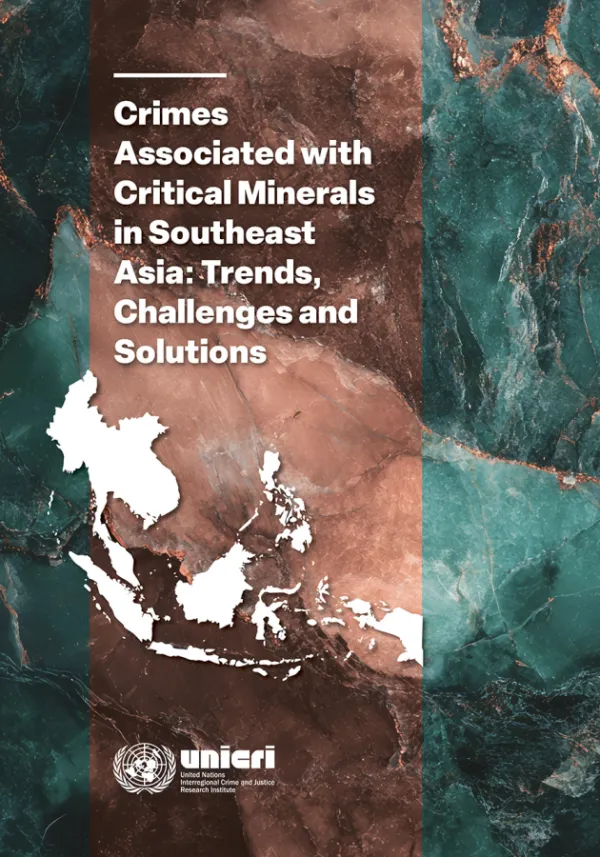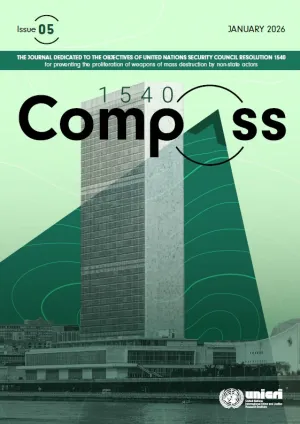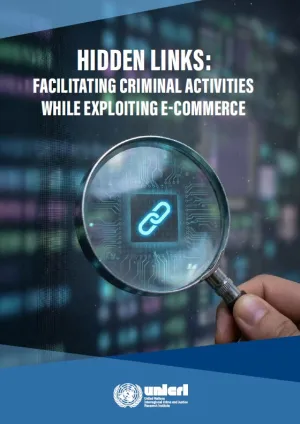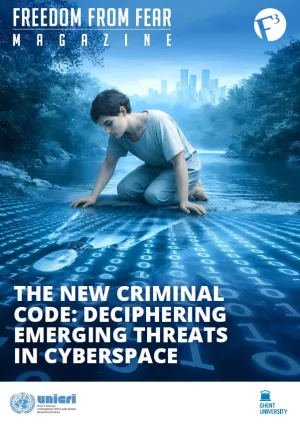The Report Crimes Associated with Critical Minerals in Southeast Asia: Trends, Challenges and Solutions, offers a regionally focused analysis of the risks and vulnerabilities posed by illicit activity in the critical minerals sector. As Southeast Asia’s role in supplying minerals is essential to the global energy transition and digital technologies expand, so too does its exposure to environmental crime, corruption, and illicit financial flows.
The report highlights how the growing demand for minerals such as nickel, tin, rare earth elements, and cobalt is creating opportunities for organised crime. These threats are compounded by insufficient traceability mechanisms, legal and institutional gaps, and limited enforcement capacity. The report calls for enhanced financial investigations, increased support for law enforcement, and expanded research to address this evolving threat landscape.
Content
The study combines desk research, expert interviews, and stakeholder consultations, alongside a regional validation workshop held in Phnom Penh, Cambodia in December 2024. It offers a comprehensive examination of how illicit actors exploit governance and regulatory weaknesses across the critical minerals supply chain in Southeast Asia.
The report identifies four key patterns of criminality:
Irregular or unlawful mining operations, including both informal and large-scale activities that bypass regulatory controls;
Corruption-facilitated offences, such as fraudulent licensing, land acquisition abuses, and environmental violations;
Illicit trade and financial flows, including smuggling, trade misinvoicing, and the laundering of proceeds from illegal mining;
Lack of transparency across the supply chain, which enables concealment of origin and weakens oversight.
Corruption is identified as a key enabler of these crimes, permeating every stage of the supply chain - from concession allocation and permitting to export procedures and environmental compliance.
Challenges
The report outlines several structural and operational barriers to effective prevention and response:
Weak traceability systems, hindering the verification of mineral origin and movement;
Fragmented legal and institutional frameworks, often not adapted to the complexities of critical mineral extraction and trade;
Limited capacity to investigate illicit financial flows, including laundering through corporate structures and trade networks;
Insufficient training and coordination among law enforcement agencies, especially in areas such as environmental crime and supply chain oversight.
Solutions
To address these challenges, the report proposes integrated and scalable solutions:
Strengthening financial investigation capabilities, including enhanced use of financial intelligence and collaboration with anti-money laundering authorities;
Deploying traceability and verification technologies, such as satellite monitoring, geochemical fingerprinting, and blockchain systems;
Building enforcement capacity, with specialised training on mining-related crimes, forensic auditing, and evidence collection;
Improving inter-agency coordination, particularly between mining regulators, law enforcement, customs, and anti-corruption bodies;
Expanding research and data collection, particularly on criminal methodologies, convergence with other crime types, and supply chain exposure.
Empowering indigenous and local communities, including through improved land tenure security, stronger Free, Prior and Informed Consent (FPIC) processes, community-based monitoring, and access to legal and economic support.
Way Forward
The report’s findings were validated during a regional expert-level workshop hosted by UNICRI and the Government of Cambodia in Phnom Penh in December 2024. The event brought together stakeholders from law enforcement, international organisations, academia, and civil society to identify actionable priorities and promote a coordinated, evidence-based response.
UNICRI will continue to advance its Critical Minerals Initiative, working with Member States and partners to strengthen integrity, sustainability, and security in critical mineral supply chains.
Interested in collaborating?
UNICRI welcomes partnerships to support further research, law enforcement capacity-building, and policy innovation. For more information, please contact us.



